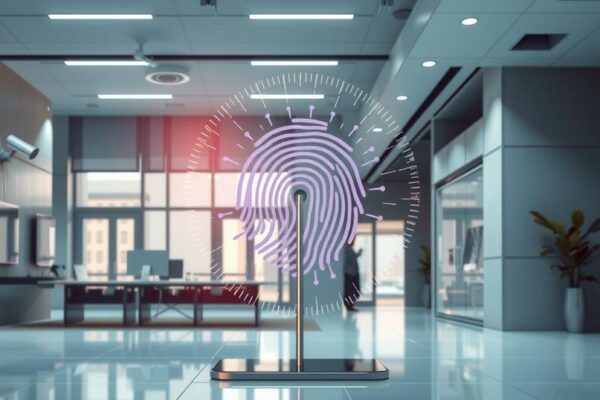
Balancing Innovation and Privacy in Facial Recognition Technology
A report from Harvard examines the ethical implications of facial recognition technology, emphasizing the risks of mass surveillance, particularly in authoritarian contexts. It calls for responsible governance, highlighting the importance of privacy, consent, and representation in AI systems to mitigate biases and ensure fair application. The balance between innovation and human rights is crucial to…









